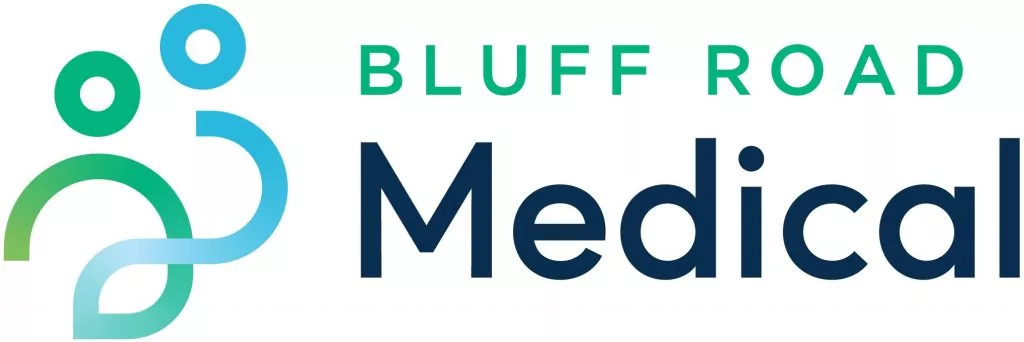Adolescent Health
When your child starts secondary school, you will be asked to consent to them being given immunisations at school, often administered by local councils. These vaccines are provided free of charge to secondary school students and are important, as some childhood immunisations may fade over time and need to be boosted in adolescence.
Year 7:
- 2 doses of Human papillomavirus (HPV) vaccine given six months apart. Immunocompromised children or children from 15 years of age require three vaccines given over a minimum of six months.
- a single dose of the diphtheria, tetanus and pertussis (whooping cough).
Year 10
- single dose of Meningococcal ACWY vaccine.
Some children may prefer to be vaccinated outside of the school setting and feel more comfortable with your family doctor. You can also arrange a catch-up appointment with your GP to administer a vaccine if your child misses their school vaccination session.
If your child is heading overseas on a school learning journey or a family vacation, please book them in for a travel medicine consultation. Our doctors can provide tailored advice about the travel vaccinations your child may require and advise on any travel risks.
Acne is a common problem experienced by most adolescents and can make a teenager self-conscious and affect their self-esteem. If untreated it can also lead to permanent scarring of the skin. Fortunately, there are many available treatment options. Whilst acne is a normal part of puberty, it can be overwhelming to navigate the multitude of products available on the market.
Your GP can help navigate the various treatment options available for your teenager. These may include skin cleansing products, retinoid creams, antibiotics, the contraceptive pill for females or other skin therapies. Southern Cosmetics, located adjacent to our clinic, is a reputable cosmetic medical clinic offering acne treatments such as laser, light treatments and skin peels.
- Periods / Contraception / STI
- Adolescent and Child Mental Health
- Eating Disorders and Body Image Issues
If you are experiencing any issues with your menstrual cycle, including premenstrual tension (PMT), painful cramping or irregularity, it is a good idea to speak to your doctor.
If you are a young person who is considering becoming sexually active, it’s important to think about contraception. This is not only to prevent an unintended pregnancy, but also to protect against sexually transmitted infections (STIs). It is also recommended that all young people who are sexually active have a screening test for sexually transmissible diseases such as chlamydia around every 12 months. We recommend speaking to your doctor for further information and advice.
Your doctor can provide advice about the various forms of contraceptives available. Examples include implants, intrauterine devices (IUDs), the contraceptive pill, vaginal rings and barrier methods (condoms and diaphragms). We can explain the merits of each choice, how they work and possible side affects you should know about.
For further reading about contraception, check out Family Planning Victoria about implants and IUDs.
Today, our society is increasingly aware and accepting of the importance of keeping our mental health in check. At Bluff Road Medical we are well-placed to coordinate the care for your child or adolescent. Parents or individuals may notice a wide range of concerns that may need further time to evaluate. These include difficulty with emotional regulation, social anxiety or friendship difficulties, suspected learning disorders, bullying, risk-taking or addictive behaviours, school performance pressures and body image concerns or eating disorders.
At Bluff Road Psychology, our dedicated psychology team offers clinical, child and neuropsychology services. In many instances, your child may be entitled to a mental health care plan. Please speak to your doctor for further information and about eligibility.
An eating disorder is when food intake, exercise, body weight or shape becomes an unhealthy preoccupation. The condition can be extremely serious and can include behaviours such as restrictive eating, bingeing and excessive exercise.
If you are concerned that your child or adolescent may have an eating disorder or body image issues, the doctors are here to support you in a multidisciplinary team approach that may include psychological support via Bluff Road Psychology, dietary and specialist referral.
Useful resources include:






